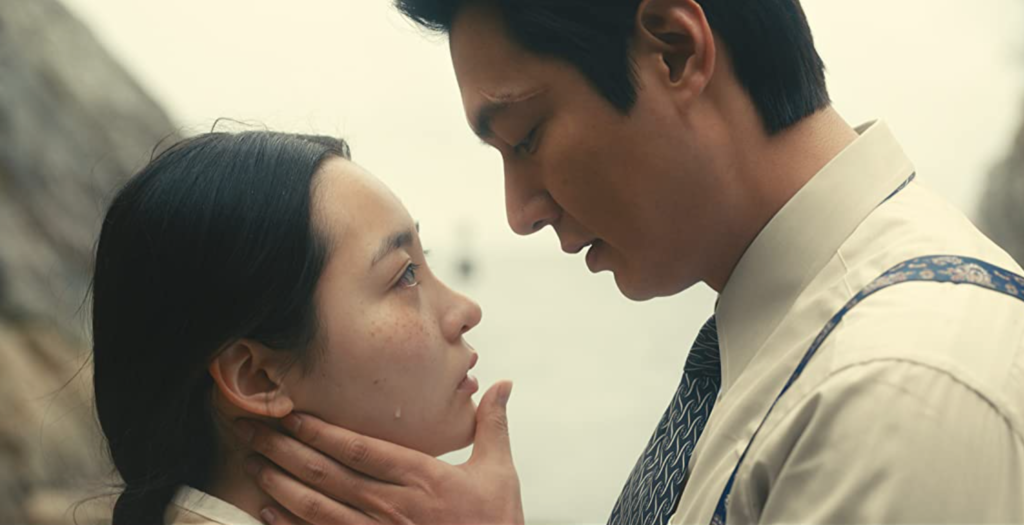An epic story relayed in Korean, Japanese, and English, Apple TV+’s “Pachinko” is — like many of the best stories of recent years — both universal and highly specific. The series is an intimate tale that revolves around one woman, following her from birth to old age, yet also a sprawling saga that touches upon colonialism, migration, class, history, and family. Not for nothing, it also has one of the most joyful, vibrant opening credits sequences I’ve seen in a long time.
Adapted from Min Jin Lee’s 2017 novel of the same name, “Pachinko” is created, showrun, and executive produced by Soo Hugh (“The Terror”). Like its source material, the series is anchored by the character of Sunja, whom Yu-na Jeon portrays as a child, Minha Kim as a teen and adult, and Oscar-winner Youn Yuh-jung as an elderly woman.
Unlike the book, the action of the “Pachinko” adaptation does not unfold linearly. Instead, the story cuts back and forth across time, following Sunja as a young woman growing up in Korea and eventually immigrating to Japan prior to WWII, and also catching up with her in Japan during the ’80s, by which time she is a grandmother. The multiple timelines add bits of mystery to the series that were not featured in the novel, and also put Sunja’s past in direct conversation with her present.
As the older Sunja takes in the struggles and prejudice her successful son (Soji Arai) and grandson (Jin Ha) still face as Korean nationals living in Japan, she looks back on what led them all to this moment. As a young woman, Sunja — who grew up poor, never received an education, and spent most of her life helping her mother run a boardinghouse — meets Koh Hansu (Lee Min-Ho), an older, self-made businessman who commutes back and forth between his native Korea and Japan. Hansu is worldly, sophisticated, and pragmatic to a fault. Sunja and he feel an instant connection, one that reverberates across decades. Falling for him is the beginning of Sunja’s adult life, and all the joy and tragedy that come along with it.
But “Pachinko” is much more than a straightforward romance. While the story hinges on Sunja and Hansu’s relationship, it’s more interested in its characters’ everyday lives, and how they play out against the backdrop of history and international relations that largely go unacknowledged in the United States. While the viewer witnesses the lengths Sunja will go to to survive and provide for her family, they will also gain insight into Japanese colonialism, the plight of Korean nationals in Japan, and how xenophobia is a problem that extends far beyond the States and Western Europe.
In short, as a story driven by a quiet yet willful woman, as a historical drama, and as philosophical look at the meaning of home and family, “Pachinko” is a resounding success.
The first three episodes of “Pachinko” are now available on Apple TV+. Subsequent installments will drop weekly on Fridays.







